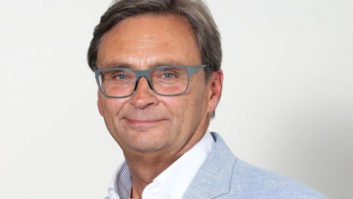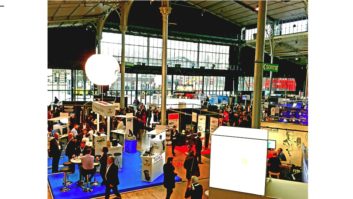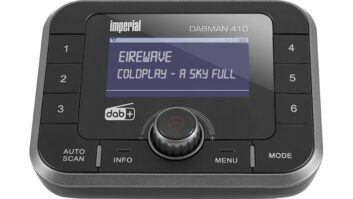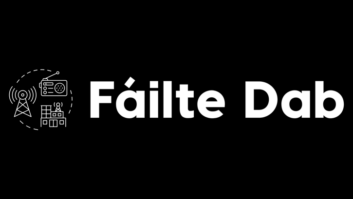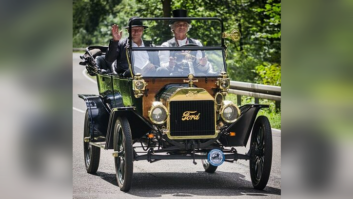The author is president of WorldDAB.
Last year was a pivotal year for DAB+ radio, with significant developments in several European markets. These developments were backed by strong growth in DAB receiver sales and growing awareness of the environmental benefits of DAB / DAB+.
The outlook for further progress is positive, as the European Electronic Communications Code takes effect and France launches national services in summer 2021.
2020 saw a string of developments providing clear evidence of the standard’s progress:
- In October, Germany launched its second national multiplex — offering 16 new services to a potential audience of 67 million people;
- In December, Switzerland confirmed that it would be switching off FM radio — starting with the public broadcaster in 2022, followed by the private broadcasters in 2023;
- Also, in December, the European Electronic Communications Code (EECC) came into force — requiring all new car radios in the EU to be capable of receiving digital terrestrial radio.
Device Sales
These market developments have been mirrored by strong consumer demand for DAB+ radios:
- DAB/DAB+ consumer receiver sales increased by 12% in 2020 (analog sales dropped by 21% over the same period);
- In Q4, the DAB/DAB+ performance was even stronger with sales up 22% year-on-year.
Consumers are moving away from FM-only devices to the more compelling offer available on DAB+ (increased choice, more consistent audio and, increasingly, color displays).
DAB’s Green Credentials
At the end of last year, a major advance was made when the BBC published its report into the energy footprint of its radio services. Presented at the WorldDAB General Assembly, this report broke new ground as, for the first time, it considered energy consumption across the whole of the radio full value chain: production, distribution, and consumer listening.
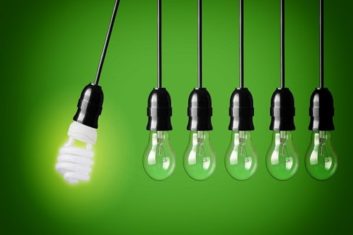
The conclusions highlighted the greater efficiency associated with DAB radio:
- 28% more efficient than FM (per listening hour);
- 59% more efficient than IP (per listening hour).
These findings are clear evidence of the critical role which DAB/DAB+ plays in creating a sustainable future for radio — a priority of increasing importance for broadcasters and policy makers.
Prospects for 2021
The next major development for DAB+ in Europe will be the launch of national (i.e. metropolitan) services in France.
The media regulator, the CSA, has given the green light for services to be on air beginning July 15. Two national multiplexes offering 25 services will be available, with the key focus on the major road networks — starting with the highways between Paris and Marseille.
Conclusion
The EECC directive, coupled with strong developments in key European markets including France and Switzerland confirms that DAB+ is established as the core future platform for radio in Europe.
The strong growth in DAB+ receivers in cars and consumer radios underlines this progress, and the significance of these advances should not be understated.
- Radio’s role as the most trusted source of news and information has rarely been more important;
- In times of emergency, broadcast radio consistently provides levels of service reliability unmatched by mobile networks;
- The environmental advantages of DAB radio are clearly evidenced in the BBC report into energy consumption.
The challenge for us now is to maintain this momentum. Digital broadcast platforms lie at the heart of radio’s future. Now is the time to ensure we have the policy frameworks and strategic focus to deliver on this promise.
WorldDAB is the global industry association responsible for defining and promoting DAB/DAB+. Membership includes broadcasters, regulators, carmakers, network operators, technology providers and equipment manufacturers from 100+ organizations and 33 countries.
